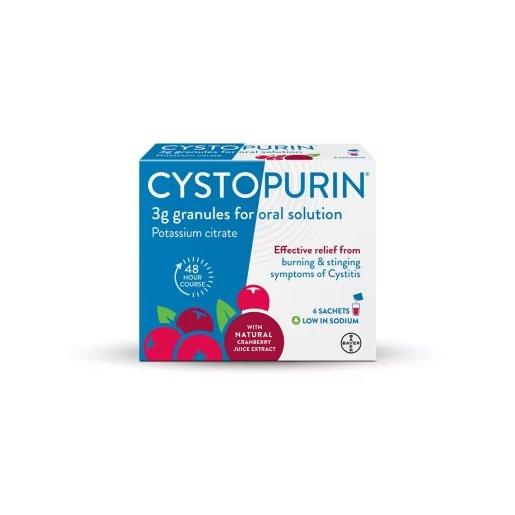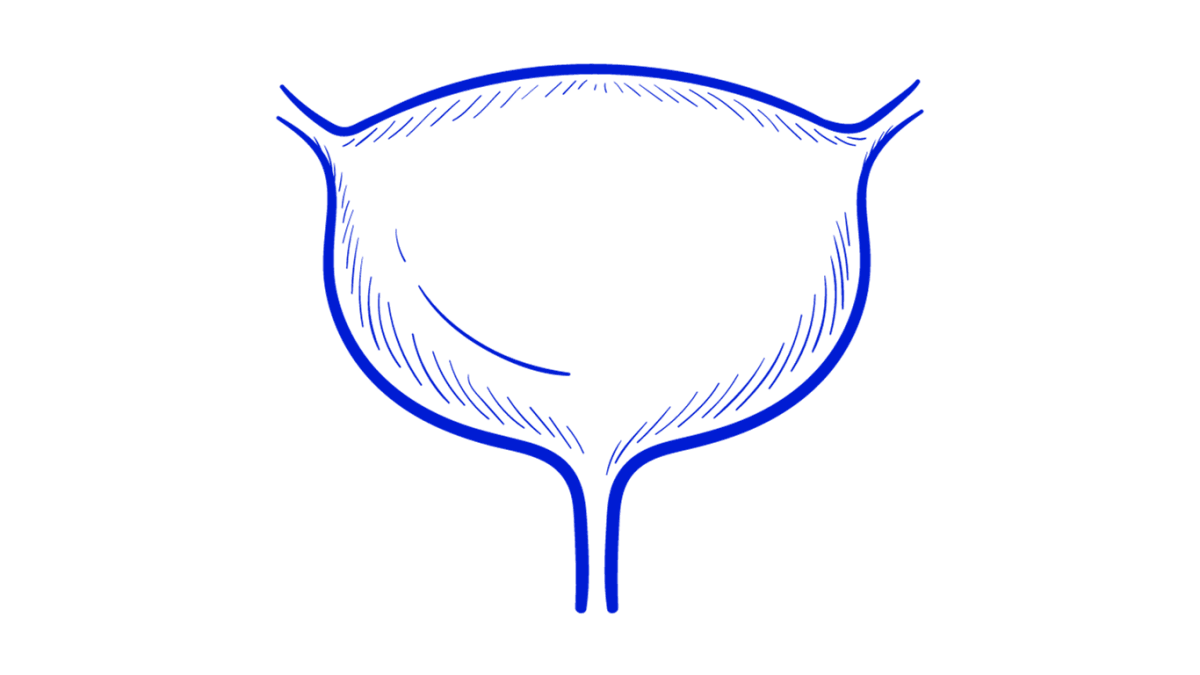1 product
-
Cystopurin 3g Granules for Oral Solution(Cystitis Relief) - 6 Sachets
 Cystopurin 3g Granules for Oral Solution(Cystitis Relief) - 6 Sachets
Cystopurin 3g Granules for Oral Solution(Cystitis Relief) - 6 Sachets- Regular price
-
£ 6.90 - Regular price
-
- Sale price
-
£ 6.90

What is UTI?
Cause
Diagnosis
Treatments
Prevention
Further Info:
FAQs
Can I use over-the-counter (OTC) medications to treat a UTI, or do I need a prescription from a healthcare provider?
Are there any natural remedies or lifestyle changes that can help prevent UTIs?
Can men get UTIs, or is it primarily a women's health concern?
Can UTIs resolve on their own without antibiotics, or is medical treatment always necessary?
Medically reviewed & approved
This page was medically reviewed by Dr Sohaib Imtiaz (clinical lead) |




We are here to help!
Our Customer Service is available:
Monday to Friday 8 am to 5 pm.
If you need urgent assistance, do not use this service. Call 111, or in an emergency call 999.
More information about our service can be accessed from our knowledge hub below.


